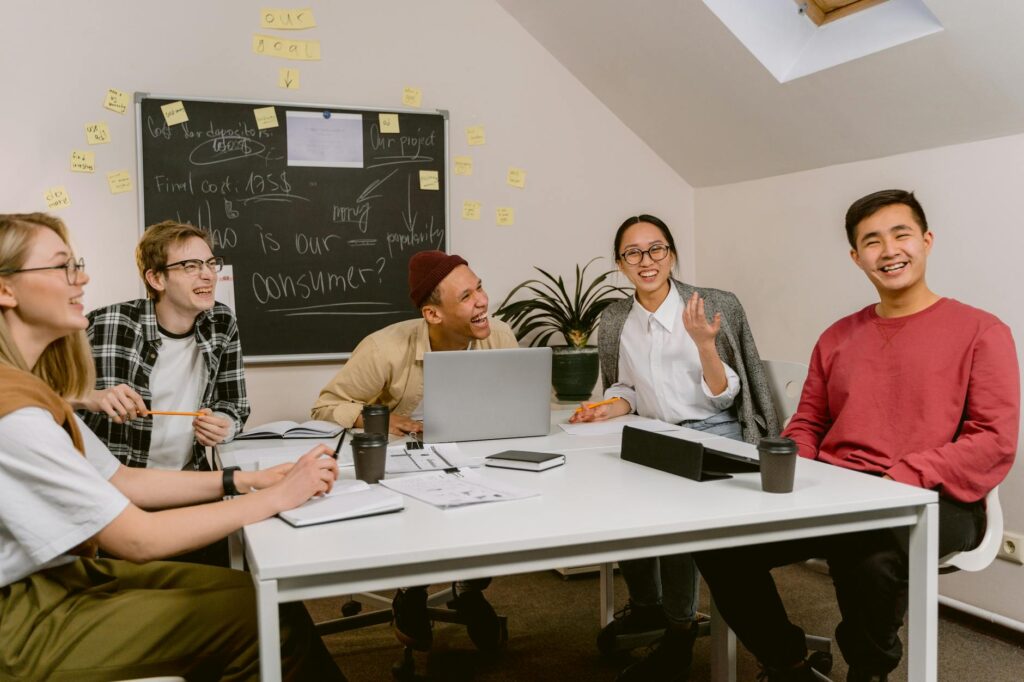What is effective meeting techniques?

What is effective meeting techniques?
In today’s fast-paced workplace, effective meeting techniques are crucial. They not only enhance productivity but also help manage time better. With the growing demand for efficient meetings, understanding how to conduct them effectively has become a significant focus for teams across various industries.
Defining Effective Meeting Techniques
Effective meeting techniques refer to the strategies and methods used to ensure that meetings achieve their objectives efficiently. These techniques help streamline discussions, foster engagement, and ultimately yield actionable outcomes. For instance, by setting clear objectives and sticking to a structured agenda, meetings can transform from tedious gatherings into productive sessions that propel projects forward.
Characteristics of Effective Meetings
Effective meetings share several key traits, including:
- Clarity of Purpose: Every meeting should have a defined goal. This clarity helps participants understand what is expected and what needs to be achieved.
- Structured Agendas: A well-organized agenda outlines topics to be discussed, allowing for balanced discussions and time management.
- Active Participation: Engaging all attendees fosters a collaborative environment where diverse ideas can thrive.
Common Challenges in Meetings
Despite the best intentions, meetings can encounter typical pitfalls:
- Lack of Focus: It’s easy for discussions to veer off track, particularly in larger groups. This distraction often leads to unproductive use of time.
- Time Management Issues: Meetings can easily run longer than scheduled, which can frustrate participants and lead to disengagement.
- Insufficient Preparation: Without proper preparation, participants may arrive with unclear objectives, reducing the meeting’s effectiveness.
Preparation Techniques for Successful Meetings
Preparation is vital for conducting effective meetings. Here are some essential preparatory steps:
Setting Clear Objectives
Before even scheduling a meeting, it’s important to establish clear objectives. Ask yourself: What do you want to achieve? Clear goals guide discussions and help keep participants focused.
Creating an Agenda
An effective agenda serves as a roadmap for the meeting. It should include:
- Topics to be Discussed: List all key points to cover.
- Time Allocations: Designate how long each topic will take to keep discussions on track.
- Expected Outcomes: Clarify what decisions or actions should result from the meeting.
Selecting the Right Participants
Inviting the right people is crucial. Ensure that only those who are essential to the discussion are present. This not only respects everyone’s time but also enhances the quality of input. For more insights on choosing the right participants, consider this guide on effective meetings.
Techniques for Conducting Effective Meetings
Once the meeting is underway, employing various techniques can enhance engagement and productivity.
Encouraging Participation
To foster an inclusive atmosphere, consider these strategies:
- Ask Open-Ended Questions: This invites more comprehensive responses and encourages dialogue.
- Facilitate Discussions: Actively encourage quieter participants to share their thoughts, ensuring diverse perspectives are considered.
Time Management Strategies
Time management is essential to keep meetings efficient. Here are a few tips:
- Use a Timer: Allocate specific time slots for each agenda item and stick to them.
- Designate a Timekeeper: Having someone responsible for monitoring time can help focus discussions.
Utilizing Technology
Leverage technology to enhance meeting productivity. Tools like video conferencing software can facilitate remote meetings, while collaboration tools can help share documents in real time. For more on how technology can streamline meetings, check out this McKinsey article.

Photo by Tima Miroshnichenko
Post-Meeting Techniques
After the meeting, certain steps are necessary to ensure that outcomes are realized and insights are utilized.
Documenting Minutes and Action Items
Recording meeting minutes is essential. This documentation should include:
- Decisions Made: Clearly outline what was agreed upon.
- Action Items: List tasks assigned to individuals with deadlines.
Follow-Up Strategies
Effective follow-up is crucial for accountability. Sending a summary of the meeting, highlighting action items, ensures everyone remains engaged and aware of their responsibilities. Regular check-ins on progress can also help maintain momentum.
Conclusion: The Importance of Effective Meeting Techniques
In summary, effective meeting techniques are vital for enhancing productivity and maintaining a healthy work-life balance. By implementing strategies for preparation, execution, and follow-up, teams can transform meetings into powerful tools for progress. These practices not only save time but also ensure that every participant feels valued and engaged. So, the next time you schedule a meeting, consider these strategies and watch your productivity soar!